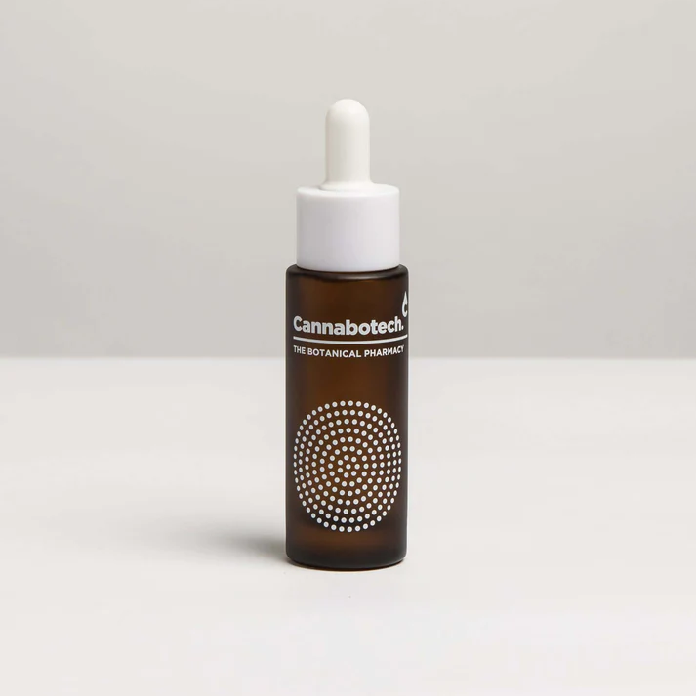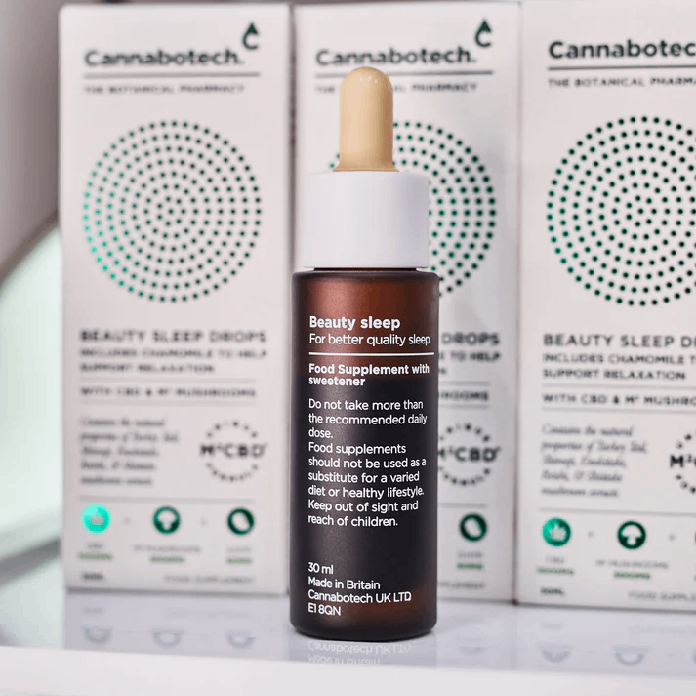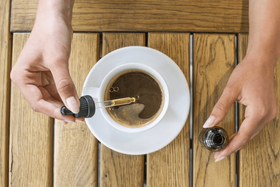6 Tips to Fix Your Sleep Schedule Based on Research
Updated February 20, 2023.

Hormones operate our bodies; they dictate when we're hungry (ghrelin), when we're in a state of anxiety, fear, or anger (adrenaline), and even when we're supposed to wake up and fall asleep. The body's sleep-wake cycle is called the circadian rhythm and is primarily operated by 3 different hormones:
- Cortisol Known as the stress hormone, it is the release of cortisol that causes you to wake up in the morning in what is known as the cortisol awakening response (CAR).
- Adenosine Adenosine builds up in the brain throughout the day and binds to receptors that stimulate the release of proteins that inhibit nerve cell activity and cause feelings of drowsiness.
- Melatonin Darkness triggers the release of melatonin, which then tells your body that it is time for sleep.
This article will give tips on fixing a poor sleep schedule, looking at a healthy sleep schedule and how to stop being nocturnal, and even how quickly this can be done.
What a Healthy Sleep Schedule Should Look Like
As you sleep, your body goes through several different sleep cycles. In healthy individuals, each sleep cycle should last around 90 minutes, and you should go through 4-6 throughout the night. Ignoring the wakefulness stage, science recognises that there are four different stages in a single sleep cycle of a healthy individual:
- N1 The lightest stage of sleep that generally lasts 1-5 minutes, or 5% of the total cycle.
- N2 A deeper stage than N1. N2 lasts around 25 minutes in the first sleep cycle and lengthens with each successive cycle, averaging about 50% of the total cycle.
- N3 Considered the deepest stage of sleep when your body repairs tissue and builds bone and muscle. This is the stage that is the most difficult to awaken from, and individuals who are awoken during this stage are usually groggy and experience mental fogginess (sleep inertia).
- REM The stage that may benefit learning and memory and is also when dreams occur. It lasts around 10 minutes in the first cycle but lengthens up to an hour in the final cycle.
Though the time spent in each stage varies from person to person, a healthy sleep schedule should have you falling asleep in the early evening with a release of melatonin and then transgressing through multiple sleep cycles throughout the night for 7-9 hours (for adults), and then waking via a release of cortisol with the rising sun.
6 Ways to Improve Your Sleep Schedule
The most important thing in improving your sleep schedule is consistency. When considering any of the techniques discussed below, you have to remain consistent for them to work.
1. Stick to a routine
The importance of this step comes from the three hormones discussed above. If you wake up and go to bed at different times every day, your brain doesn't know when to release each hormone and struggles to maintain the balance of your circadian rhythm. Research has shown that in a strict routine, your brain releases the hormones like clockwork, each and every day, reducing many sleep problems.
The time that you should go to bed varies depending on age and circumstance, but you should always allow for the amount of sleep your age group requires.
2. Shape your environment
Environmental factors can affect your circadian rhythm. Research has shown that exposure to artificial lighting can increase nighttime cortisol levels, inhibiting the release of melatonin and making it more difficult to fall asleep. Additional research has also suggested the same effect for exposure to noise during sleep.
In order to shape your environment, limit yourself to staying off of all screens and as much artificial light as possible at least an hour before bed, and attempt to remove unnecessary noise from your sleeping environment. During this time, practice some relaxation techniques like meditation to help you fall asleep
3. Reshape your diet
This doesn't necessarily mean cutting out a bunch of foods that you enjoy, but rather the time that you do enjoy those foods. This technique goes hand-in-hand with routine, as meals can also influence your sleep schedule. Eating a large meal right before bed can make it difficult to fall asleep, and so you should instead eat a few hours in advance and at the same time every day.
However, one dietary choice you should make is to eliminate foods that stimulate cortisol release in the evening. Eliminating caffeine at least 10 hours before bed is imperative as it can block adenosine receptors in your brain, making it difficult to fall asleep and negatively affecting your sleep quality.
4. Get some exercise
There are extensive benefits of exercise, and better sleep is one of them. Sedentary behaviour can make it difficult for your body to produce enough adenosine, making it more difficult to fall asleep, whereas research has shown that exercise can significantly benefit sleep.
5. Avoid napping
Although it might be tempting to take a light nap in the afternoon, doing so can confuse your circadian rhythm and make it difficult to fall asleep again in the evening.
6. Use natural sleep aids
If the techniques listed above aren't working for you, but you still want to stick to the natural route, some natural sleep aids might benefit you.
Artificial melatonin can be purchased to help you fall asleep at night.
Additionally, Cannabotech's M2CBD formula combines the therapeutic powers of functional mushrooms with broad-spectrum cannabidiol (CBD) and other powerful ingredients to help with sleep and stress-related problems. Try either of our following products:
Relax drops are designed to be your natural path to relax, refocus, and re-evaluate. Relax M²CBD Formula is packed with 3 types of functional mushrooms, and premium, CBD oil. Take control of your emotions; allow Relax Drops to lead the way.
No more yawning at 10 AM, wondering when you will next see your pillow. A good night's sleep will help you naturally recover from all these things. It supports your immune system, and gives you a healthy, natural ‘glow’ that is a reflection of a well-rested, healthy, and calm person.
How Fast Can You Fix Your Sleep Schedule?
Strictly implementing the aforementioned techniques should allow you to fix your sleep schedule anywhere from a few days to a few weeks. However, there is a technique that could allow you to fix your broken sleep schedule in one day. If you have a poor sleep cycle that routinely has you awake until 3 am and then sleeping in until noon but need a quick fix to reset your body clock, you might have some luck in resetting your circadian rhythm with an all-nighter.
Although doctors recommend avoiding this technique, not sleeping for an entire night and then staying awake the following day can be an effective (albeit dangerous) way of getting your sleep schedule back on track in limited time, just so long as you do go to bed at a healthy time the following day and allow yourself an extra hour or so to begin the recovery from sleep debt.
This technique should only be used as a last resort in the case of an emergency.
How to Tell if You Have a Sleep Disorder
Sometimes all of the natural techniques and products in the world aren't enough to fix poor sleeping patterns or improve your sleep quality if there is an underlying issue. Conditions like chronic insomnia, sleep apnea, and other parasomnias often require medical intervention and a combination of medication and therapy to treat. If you have attempted the techniques mentioned in this article and your sleeping schedule is still poor, then it is a sign that you might need to see a specialist.













